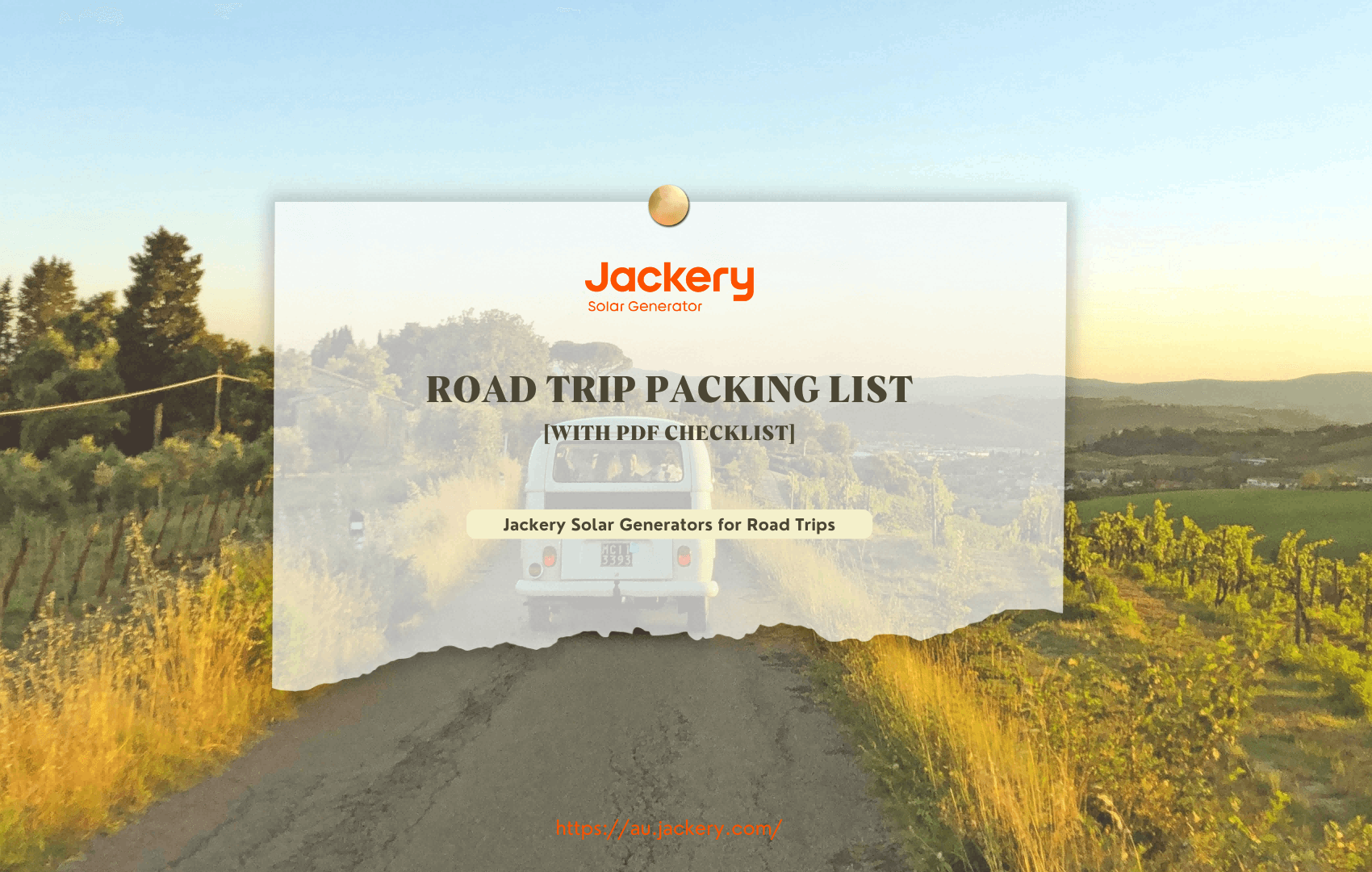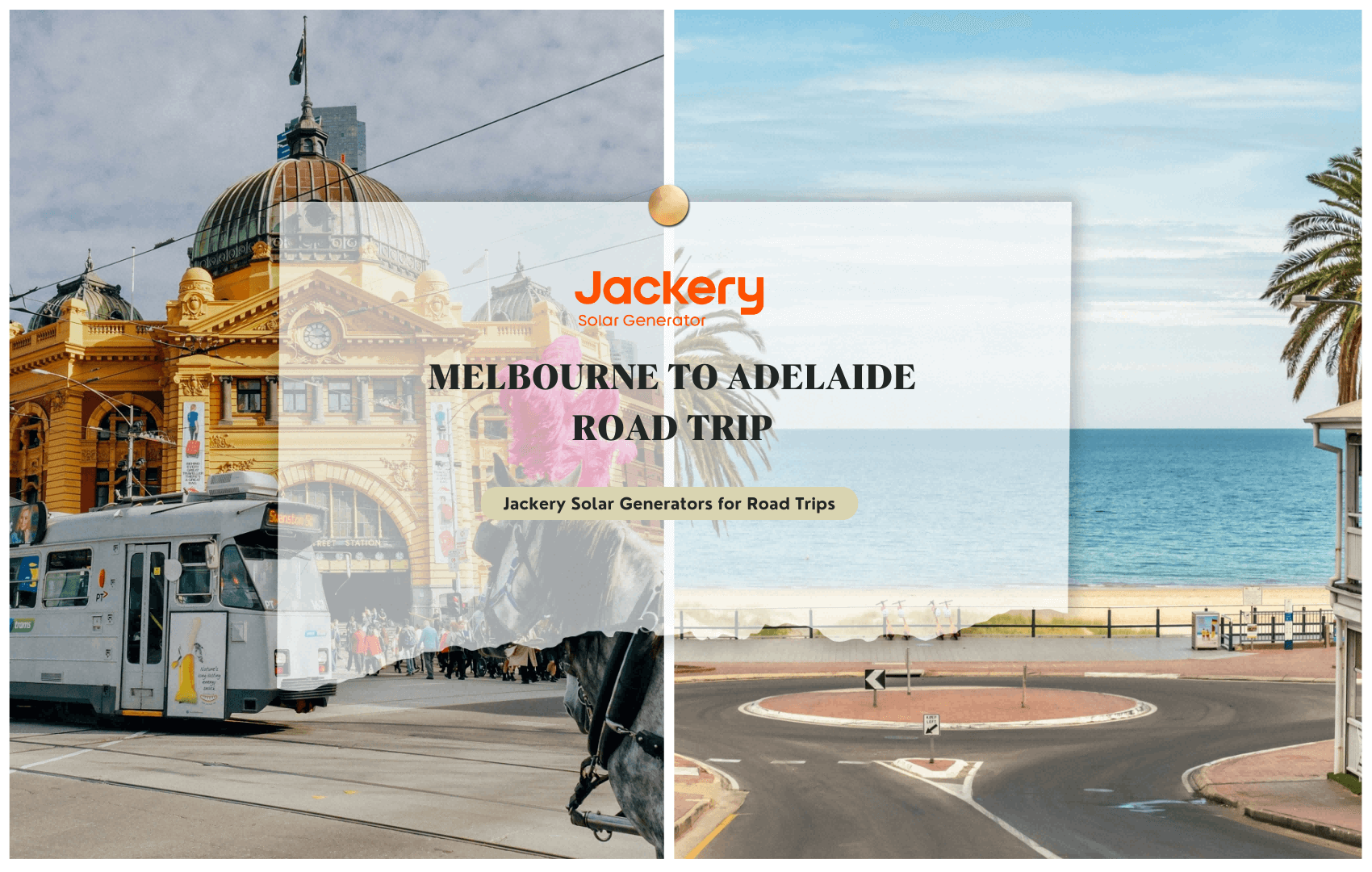|
Key Takeaways: |
|
• There are many reasons why Australian road trips are so popular, like the vast landscape, substantial beautiful roads, well-maintained infrastructure and diverse creatures. • Here are eight perfect self-driving routes in Australia that are recommended to you. • When planning your road trip, choose a travel transportation option, plan for stops, decide when to go, check the car, and pack essentials. • We recommend taking a Jackery Solar Generator 1000 Pro or 500 to charge your electronics on the go. |
Why Is The Australia Road Trip So Popular?
Australia is the sixth biggest country in the world, and it's a big one. But Australia is also one of the most famous places for tourists. Most people take a car trip there because it's a great place. There are lots of reasons why people love taking road trips in Australia.
Beautiful Landscape
Australia has much to offer tourists, from deserts and paved roads along the coast to beaches, mountains, big cities, and quiet towns. Driving through Australia's Red Centre to see Uluru or along the East Coast's Gold Coast with a surfboard on top of your car are all things that come to mind when you think of a road trip.
Roads and Coastlines
Australia's iconic outback is a great reason to travel the country by road. There's no shortage of charming towns and unique scenery covering five Australian states and thousands of square kilometres of the outback.
Driving along the coastal road, stopping in a small town along the way and taking in Australia's diverse scenery, there's no better way to explore this region than by road. Driving along the coast is a must-have for the ultimate Australian road trip, from tranquil bays to iconic landscapes.
Complete Infrastructure
The famous desert of Australia is a great reason to drive around the country. It includes five Australian states and thousands of square kilometres of desert. It has many cute towns and beautiful scenery.
There is no better way to see this area than by car, taking in Australia's varied scenery as you drive along the seaside road and stopping in small towns. You must drive along the coast for the best Australian road trip. There are peaceful bays and famous dunes.
Biological Diversity
Australia is known worldwide as a great place to go on a road trip, and the country is doing everything it can to keep that image. Campgrounds are just one part of the facilities and lodging that travellers on the road can use.
However, Australia has a lot of clean public areas that anyone can use for free. There are a lot of spots all over Australia because people love to go on road trips and camping. A lot of places are also free.
Best 8 Road Trips in Australia
One of the most traditional ways to travel in Australia is to drive yourself.
If you choose a self-driving tour in Australia, you can move around more efficiently and save money. Self-driving travel will take you to places you didn't expect, like a beautiful beach you didn't know about, a sunset you'll never forget, and a pleasant and friendly town. Here are eight good road trips in Australia you can take yourself.
Route 1: Legendary Pacific Coast
Length: 1,099km
Departure & Destination: Sydney to Brisbane
Best Stops: Hunter Valley, Port Stephens, Port Macquarie, Coffs Harbour, Byron Bay
Recommend Trip Duration: 9 Days

(Data Source: Google Maps)
Take you on a beautiful seaside road trip with stunning views of Australia's Pacific Highway from the busy city of Sydney to the culturally rich city of Brisbane.
Check out Sydney's sights, like the famous Opera House, Darling Harbour, and Barangaroo. You can try gourmet food, specialty coffees, and fine wines in the Hunter Valley. We are going to Lake Macquarie, Australia's biggest coastal saltwater lake.
You can go on a sandboarding tour along the coast to Port Stephens or a dolphin ride in Nelson Bay. Koalas can be observed at the Koala Hospital in the picturesque town of Port Macquarie, in the northern region. Enjoy tasty fish from the Coffs Pier area and stunning water views at Sealy Lookout.
You could also go to Dorrigo National Park to see the waterfalls. Byron Bay is a cute beach town with many restaurants, cafes, craft breweries, and trendy shops. You can also learn how to surf, go to the Cape Byron Lighthouse nearby, or walk along the beautiful seaside path.
|
Time |
Itinerary |
|
Day 1 |
Sydney |
|
Day 2-Day 3 |
Sydney to the Hunter Valley |
|
Day 4 |
Hunter Valley to Port Stephens |
|
Day 5 |
Port Stephens to Port Macquarie |
|
Day 6-Day 7 |
Port Macquarie to Coffs Harbour |
|
Day 8 |
Coffs Harbour to Byron Bay |
|
Day 9 |
Byron Bay to Brisbane |
Route 2: Grand Pacific Drive
Length: 143km
Departure & Destination: Royal National Park to Shoalhaven
Best Stops: Wollongong, Shellharbour, Shoalhaven, Bushrangers Bay, Blenheim Beach
Recommend Trip Duration: 4 Days

(Data Source: Google Maps)
The Royal National Park was created in 1879 and is the second-longest national park in the world. It has over 100 kilometres of bushwalks and covers 16,000 hectares. You can enjoy nature in many places, such as lush jungles, beautiful beaches, great places to picnic, and more.
Wollongong is a lively and laid-back city with beautiful beaches, a busy cityscape, and well-known landmarks. The Sea Cliff Bridge is the best thing about this place. The Farm is a national surfing area in the beautiful Killalea area. It is near Shellharbour.
At Bass Point's Bushrangers Bay, the only aquatic sanctuary in the area, you can experience the world under the water. A white sand beach in Shoalhaven is Blenheim Beach. It has quiet, gentle waves that are great for swimming and boating.
|
Time |
Itinerary |
|
Day 1 |
Royal National Park |
|
Day 2 |
Royal National Park to Wollongong |
|
Day 3 |
Wollongong to Shellharbour |
|
Day 4 |
Shellharbour to Shoalhaven |
Route 3: Red Centre Way
Length: 1,160km
Departure & Destination: Alice Springs to Uluru to Alice Springs
Best Stops: Glen Helen, Kings Canyon, Waterrka National Park, Uluru, Kata Tjuta National Park
Recommend Trip Duration: 6 Days

(Data Source: Google Maps)
The old terracotta landscapes, lively culture, and clear nights create a unique vibe in the middle of Australia's outback. The Red Centre Way is a road that goes around Alice Springs in the middle of the desert.
You can drive along this road to see the area's most famous sights. Uluru, Kata Tjuta National Park, and Watarrka National Park are all popular places to visit. The West MacDonnell Ranges and Tjoritja have beautiful valleys and cool waterholes you shouldn't miss.
|
Time |
Itinerary |
|
Day 1 |
Alice Springs to Glen Helen |
|
Day 2 |
Glen Helen to Kings Canyon |
|
Day 3 |
Explore Kings Canyon in Watarrka National Park |
|
Day 4 |
Kings Canyon to Uluru |
|
Day 5 |
Uluru-Kata Tjuta National Park |
|
Day 6 |
Uluru to Alice Springs |
Route 4: Great Barrier Reef Drive
Length: 157km
Departure & Destination: Cairns to Cafe Tribulation
Best Stops: Palm Cove, Port Douglas, Mossman Gorge, Cape Tribulation, Daintree Rainforest
Recommend Trip Duration: 4 Days

(Data Source: Google Maps)
From Cairns' warm city to Cape Tribulation's wilds, the Great Barrier Reef Drive takes you to many amazing sights. Along this path, you can see two world heritage sites, reefs, and colourful cassowaries. You can go back and forth between the Great Barrier Reef and the Daintree Rainforest. In between, you can relax under palm trees, look for tree kangaroos, and swim near colourful coral reefs.
|
Time |
Itinerary |
|
Day 1 |
Cairns to Palm Cove |
|
Day 2 |
Palm Cove to Port Douglas |
|
Day 3 |
Port Douglas to Mossman Gorge |
|
Day 4 |
Mossman Gorge to Cape Tribulation |
Route 5: Great Eastern Drive
Length: 230km
Departure & Destination: Orford to Launceston
Best Stops: Swansea, Freycinet National Park, St Helens
Recommend Trip Duration: 3 Days

(Data Source: Google Maps)
Great Eastern Drive is in Tasmania, Australia. Great Eastern Drive Orford is to the south, and Great Eastern Drive St Helens is to the north. You'll begin in Hobart, go to Orford, and then get on the road. This is undoubtedly one of the most beautiful and exciting car trips ever. Because the Great Eastern Drive goes through some of Tasmania's most stunning parks, beaches, and historical sites.
|
Time |
Itinerary |
|
Day 1 |
Orford to Swansea |
|
Day 2 |
Swansea to Freycinet National Park |
|
Day 3 |
Freycinet National Park to St Helens |
Route 6: Nullarbor Plain
Length: 1,202km
Departure & Destination: Norseman to Ceduna
Best Stops: Balladonia, Caiguna, Madura, Border Village, Nullarbor Roadhouse, Ceduna
Recommend Trip Duration: 6 Days

(Data Source: Google Maps)
While going on this open road, you can do many fun things, like walk along the beautiful coast of South Australia's Eyre Peninsula or play golf on the world's longest course and get a hole-in-one.
Along the route are caves, abandoned settlements that were once gold mines, the remnants of a space station that collided with Earth, and captivating dining establishments. The Nullarbor Plain is an area you should take advantage of if you travel by car in Australia.
|
Time |
Itinerary |
|
Day 1 |
Norseman to Balladonia |
|
Day 2 |
Balladonia to Caiguna |
|
Day 3 |
Caiguna to Madura |
|
Day 4 |
Madura to Border Village |
|
Day 5 |
Border Village to Nullarbor Roadhouse |
|
Day 6 |
Nullarbor Roadhouse to Ceduna |
Route 7: Gibb River Road
Length: 1,355km
Departure & Destination: Derby to Kununurra
Best Stops: Windjana Gorge National Park, Bell Gorge, Manning Gorge, Drysdale River Station
Recommend Trip Duration: 6 Days

(Data Source: Google Maps)
From Derby, near Broome, the Gibb River Road goes almost to Kununurra. It is a famous outback road. Every kilometre you drive will make you feel better, from the quiet canyons and rough ridges to the wide open roads that are hard to describe. Get in a 4x4 and drive through the beautiful baobab trees, see the rough Cockburn Range, and relax in waterholes that are as clear as glass.
|
Time |
Itinerary |
|
Day 1 |
Derby to Windjana Gorge National Park |
|
Day 2 |
Windjana Gorge National Park to Bell Gorge |
|
Day 3 |
Bell Gorge to Manning Gorge |
|
Day 4 |
Manning Gorge to Drysdale River Station |
|
Day 5 |
Drysdale River Station to Home Valley Station |
|
Day 6 |
Home Valley Station to Kununurra |
Route 8: Great Ocean Road
Length: 382km
Departure & Destination: Melbourne to Port Fairy
Best Stops: Apollo Bay, Torquay, Port Campbell, Port Fairy
Recommend Trip Duration: 3 Days

(Data Source: Google Maps)
The Great Ocean Road is one of the most beautiful drives in Australia. It has fantastic views of the rough coast. Take your time and enjoy the stunning scenery along this famous road. Then, go inland to find lush forests and misty waterfalls. Enjoy the chance to look up at the tall rock figures of the Twelve Apostles. The view is beautiful all day, but it's even more stunning when the sun goes down and turns the rocks fiery red.
|
Time |
Itinerary |
|
Day 1 |
Melbourne to Apollo Bay (including Torquay) |
|
Day 2 |
Apollo Bay to Port Campbell (including Twelve Apostles) |
|
Day 3 |
Port Campbell to Port Fairy |
How to Plan A Road Trip in Australia
A lot of people want to drive around Australia. A road trip through Australia is a lifetime experience, whether alone or with a partner. You can stay safe and organised on your trip if you bring the things you need for a road trip and other travel items. Read on to find out what to bring on a car trip.
Decide How to Get Around Australia
It would be best if you had good wheels for every car trip. On the island, you can do one of three things.
Option 1: Drive Your Car
The expense is the primary factor influencing my decision to drive my automobile instead of flying or taking the train. Purchasing many round-trip tickets and covering the cost of a rental car will undoubtedly be more costly than driving your vehicle, especially considering the current gasoline costs.
Option 2: Rent A Car
The most common and easiest option is to take a car and camp or stay in hotels or bed and breakfasts. Many hire car companies exist at both Hobart International Airport and Launceston Airport. However, you should book ahead of time because there may be more cars on the island during busy times.
Option 3: Rent a Campervan or RV
Renting an RV or campervan costs a little more, but consider how much you can save on lodging! Campervans and RVs are very popular on the island, so there are many places to rent them.
Using Motorhome Republic's search tool would be best for seeing the available units for your dates. If you're looking for a deal, some readers have pointed out that peer-to-peer rents are now offered by a new company called Outdoorsy. It's like Airbnb but for RVs.
Plan for Stops
Because Australia is a big country, you should carefully plan your route to determine how long your road trip will take. You need to make a plan ahead of time. Also, plan where and how long you will stay at each stop.
One good thing about this route is that you'll need a break every two or three hours. When planning your road trip stops, consider any interesting towns, parks, shops, or restaurants you'd like to see. It's all fun to go on a road trip.
- Make a big-picture road trip plan
- Choose your overnight stops
- Add short, easy-to-reach stops along the way to get the most fun in the least amount of time
- Plan for fuel stops and vehicle checks
- Be realistic about time constraints
Determine When to Visit
There are three central temperature and weather zones in Australia. The summer spans from December to March, whereas the winter extends from June to September.
Southern Coastal Region: In Australia's west, cities like Perth, Sydney, Melbourne, and Adelaide are on the southern coasts, running from east to west. From June to August is winter here, and from December to February is summer. The weather on the east coast changes more often than on the west. The West Coast has excellent weather all year.
Inner Central Areas: The Red Centre often comes to mind when discussing the Outback, but the Outback places are much more significant. They cover almost the whole of Australia's rural land. From June to August, winter has the hottest nights and warmest days.
Northern Territory and North Western Australia: Northern Australia and North West Australia are also in the Outback. It's cold at night in the winter, but the days are warm, and in the summer, it's wet and muggy. Plan your trip for the off-season, which means you should go in the spring (September–November) or fall (March-May). The best time to visit warm Australia is in the winter.
Pack Road Trip Essentials
There are different ways to drive through Australia, each with its own gear needs. If you want to drive on dirt roads in the middle of the desert, you should bring a satellite phone, extra tyres, and a good tool kit.
The more you take care of and maintain your car, the more likely it is that something will break down or stop working out of the blue. If this happens, you'll need your car's guidebook to determine what's wrong: a broken light or windscreen wiper.
If you're going camping along the way, this is our master camping list. It has almost everything you'll need for a great trip. For car trips in general, you can use our list of things to pack.
|
Australia Road Trip Essentials |
|||
|
Vehicle Check |
Vehicle Clean |
Repair Tools |
Documents |
|
Vehicle Safety Items |
Flashlight |
Insect Repellent |
Fire Extinguisher |
|
Car Oil |
Spare Tire |
Car Jack |
Sun Protection |
|
Emergency Kit |
First Aid Kit |
GPS |
Personal Electronics |
|
Hygiene Items |
Paper Towels |
Rain Gear |
Changing Clothes |
|
Entertainment |
Snacks |
Pet Supplies |
Jackery Solar Generator |
You should also bring things that will make the ride more comfortable and fun, like sunglasses, blankets (to keep you warm this winter), pillows, eating tools and travel mugs, reusable water bottles, a car window shade, reusable bags, breath mints, and sling bags.

A generator is a good thing to bring on car trips because you need power. A sun generator is excellent because it doesn't pollute and can be used repeatedly. The best things to bring on an Australia road trip are Jackery Solar Generator 1000 Pro and 500.
In your trailer, they only take up a little space and are easy to move. When you go to national parks and outdoor areas, these generators are good for the environment because they use solar power to reduce your carbon footprint.
Jackery Solar Generators for Road Trips
\Solar generators use the sun to make clean power, which lasts a long time. Charging your electronics outside with the Jackery Solar Generator is safe because it only uses clean energy.
A Portable Power Station and Jackery Solar Panels comprise a Jackery Solar Generator. This portable solar set-up is excellent for road trips in Australia. It has a premium lithium battery, an MPPT regulator, and a. It has a pure sine wave inverter to ensure that your appliances and outdoor gear always have power.
For trips in the car, the Jackery Solar Generator 1000 Pro and the Jackery Solar Generator 500 work best. They last a long time and are strong.
Jackery Solar Generator 1000 Pro
The Jackery Solar Generator 1000 Pro is more than just a gadget—it's your ticket to steady power on the go, thanks to its vast 1002Wh capacity and 1000W output power. It can easily hold a full wall charge in just 1.8 hours and has been charged a thousand times. This is a game-changer for people seeking efficient and environmentally friendly energy options.
Include two SolarSaga 80W solar panels to increase the energy you generate by 25%. This is a cost-effective and sustainable option for trips outside or backup power for your home.
To make things easier for you, the Jackery Explorer 1000 Pro portable power station has a handle that can be folded up for easy storage and travel. This makes it the perfect thing to take with you on your outdoor adventures. This small power source promises to keep you fired up with its impressive 1,000-charge cycle life and lightweight design.

Jackery Solar Generator 500
This Jackery Solar Generator 500 is made to withstand harsh weather thanks to its advanced temperature monitors and robust construction that can work in hot and cold conditions. Because it's so durable, it's an excellent choice for camping trips, outdoor activities, and backup power in an emergency.
With a capacity of 518Wh and a 500W inverter that can handle surges up to 1000W, the Jackery Explorer 500 can support multiple appliance charging, making it a versatile power solution for various needs. It is also designed for convenience, featuring a portable and light design that makes it easy to carry and use wherever power is needed.
The power station has three ways to charge it: solar panels, a wall outlet, and a car plug. This gives you options for how to charge it. With a noise level of 37.9dB, it's a quiet power option that won't bother you on the Australia road trip.

How Much Does It Cost to Road Trip Around Australia?
If you want to see something, drive about 300 km daily and plan to explore every other day. That's about 50 to 100 days, but some places are worth seeing for much longer!
A day's worth of gas would cost between $60 and $80, a place to stay (from a tent to a nice hotel or hostel), and food would cost between $20 and $120.
With that in mind, travel would cost at least $4,500, and most things would cost more than $30,000. Then you have to add things like entry fees.
There are many exciting places to visit. You could find what interests you at a nearby gas station, coffee shop, food store, or tourist centre. Just try every town and village.
Tips for Road Trips in Australia
An excellent and often appreciated method of exploring Australia is by road trips. You can take a scenic road along the coast or the middle of nowhere for an adventure. Here are some tips for your road trips in Australia.
Drive on The Left: Australia drives on the left, which is the most important thing you need to know. If you're used to driving on the other side, remember that the driver should always be close to the middle of the road. Also, stay in the left lane unless you need to pass someone.
Driving Licenses: For up to three months, you can drive with a pass from another country as long as it is in English. You should always have your passport when you drive, even if it doesn't have a picture. You'll need an International Driving Permit (IDP) if your licence needs to be in English. You can get one from your local auto club before you leave.
Traffic Rules: In Australia, you must wear a seat belt, and there are special rules for child seats and baby capsules. You must wear a helmet when riding a motorcycle, scooter, moped, e-bike, or bicycle.
It is against the law to talk on a cell phone while driving, even if you are stuck in traffic or at a red light. If you want to use your phone to find your way, ensure it has a hands-free dock.
Since Australia uses the metric system, its measures and speed limits are in kilometres instead of miles. Unless it says otherwise, the city's speed limit is 50 miles per hour. It would be best if you always drove according to the weather. The fastest you can go on most other roads is 100 kilometres per hour, but you can go 110 kilometres per hour on some highway areas.
Is The Australia Road Trip Worth It?
An Australia road trip is one of a kind because of the country's unique landscape. On the continent of Australia, there are deserts, grasslands, tropical jungles, lush hills and mountains, and mountains that are covered in snow. On top of that, you can see Australian animals and natural scenery everywhere. In Australia, car trips are a great way to get outside and enjoy nature.
This piece should have helped you plan your upcoming road trip to Australia. The Jackery Solar Generator is also the clear choice if you want to take a road trip and need a trusty, small solar generator.

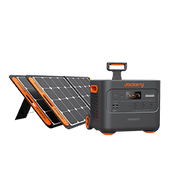
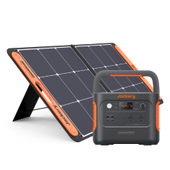
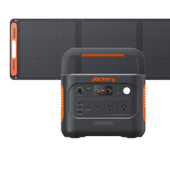
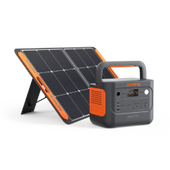
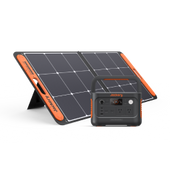

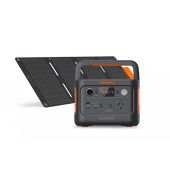
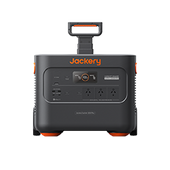
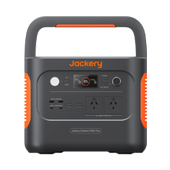
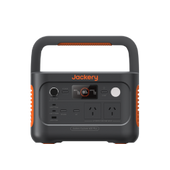
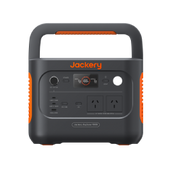
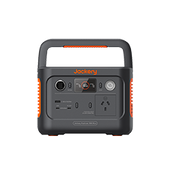
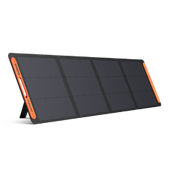
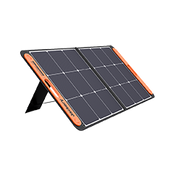
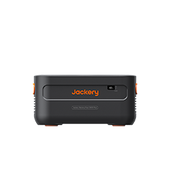
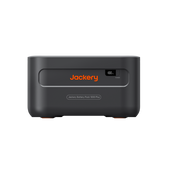
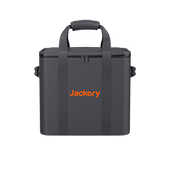
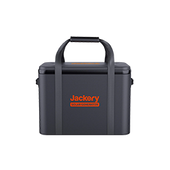
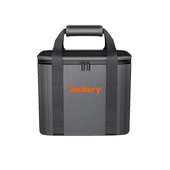
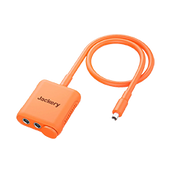
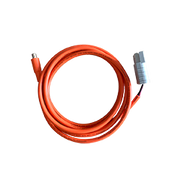
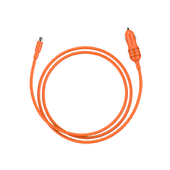
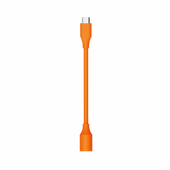
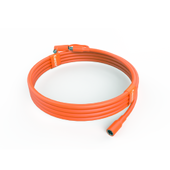


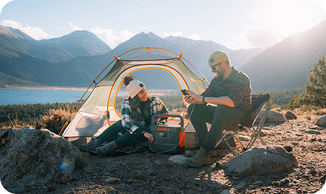
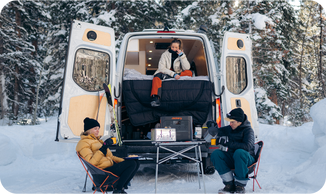
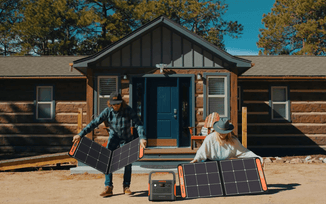
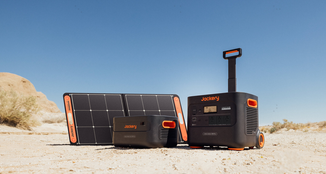
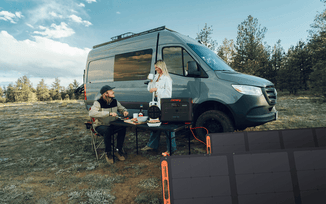
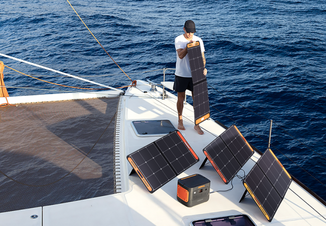

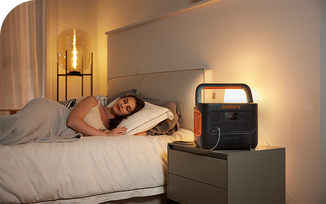
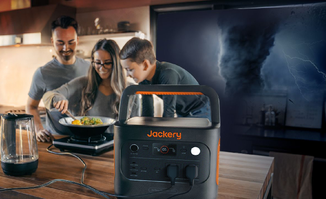
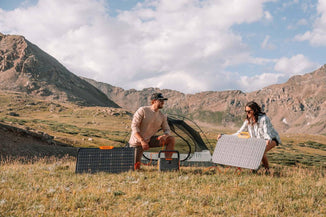
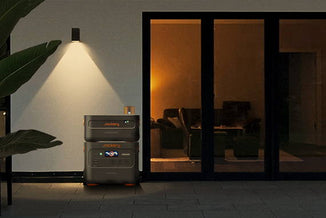
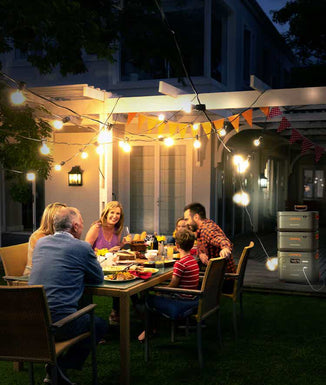
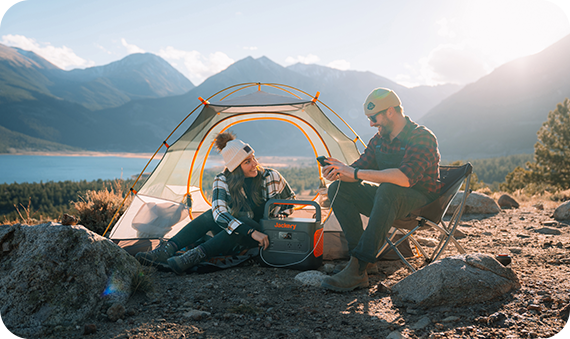
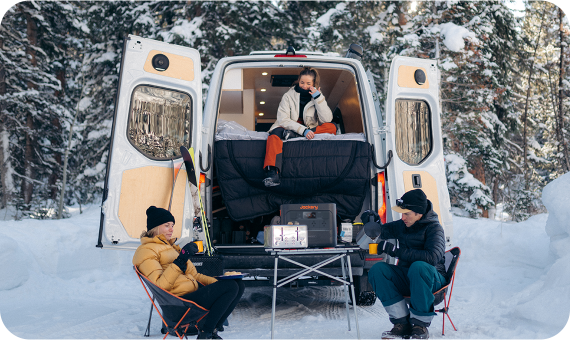
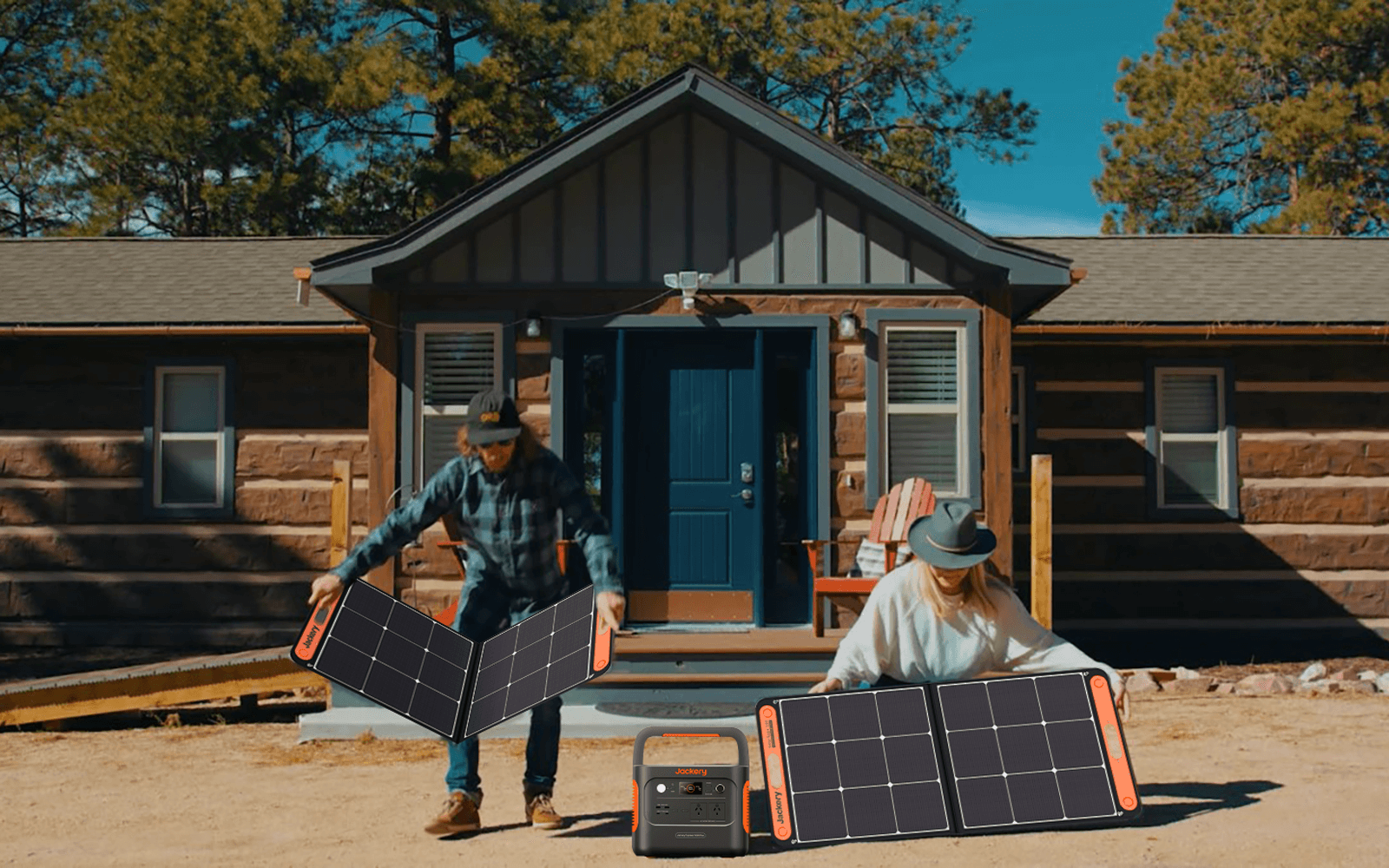
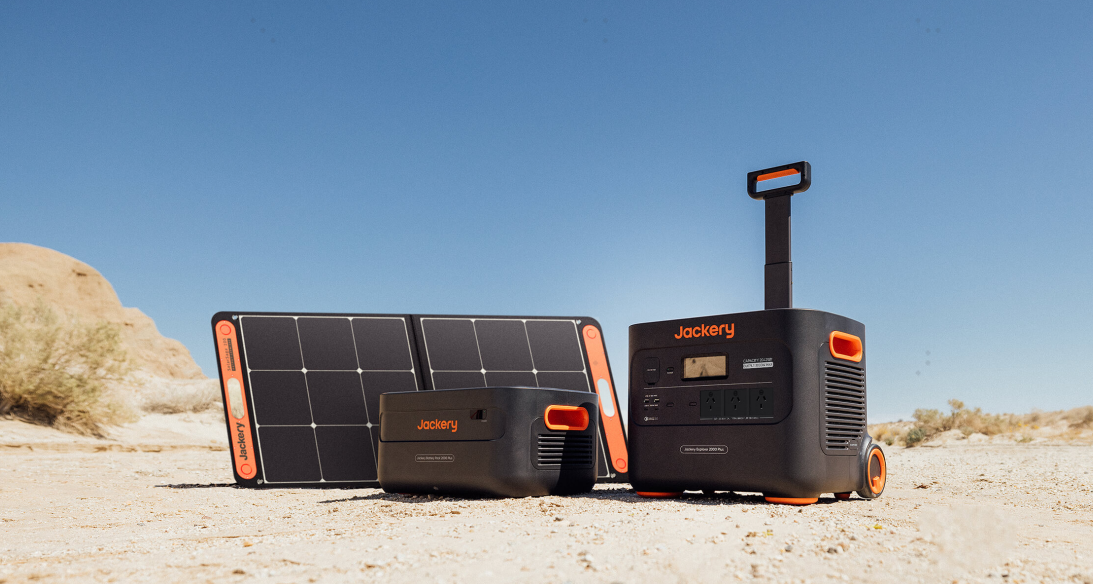
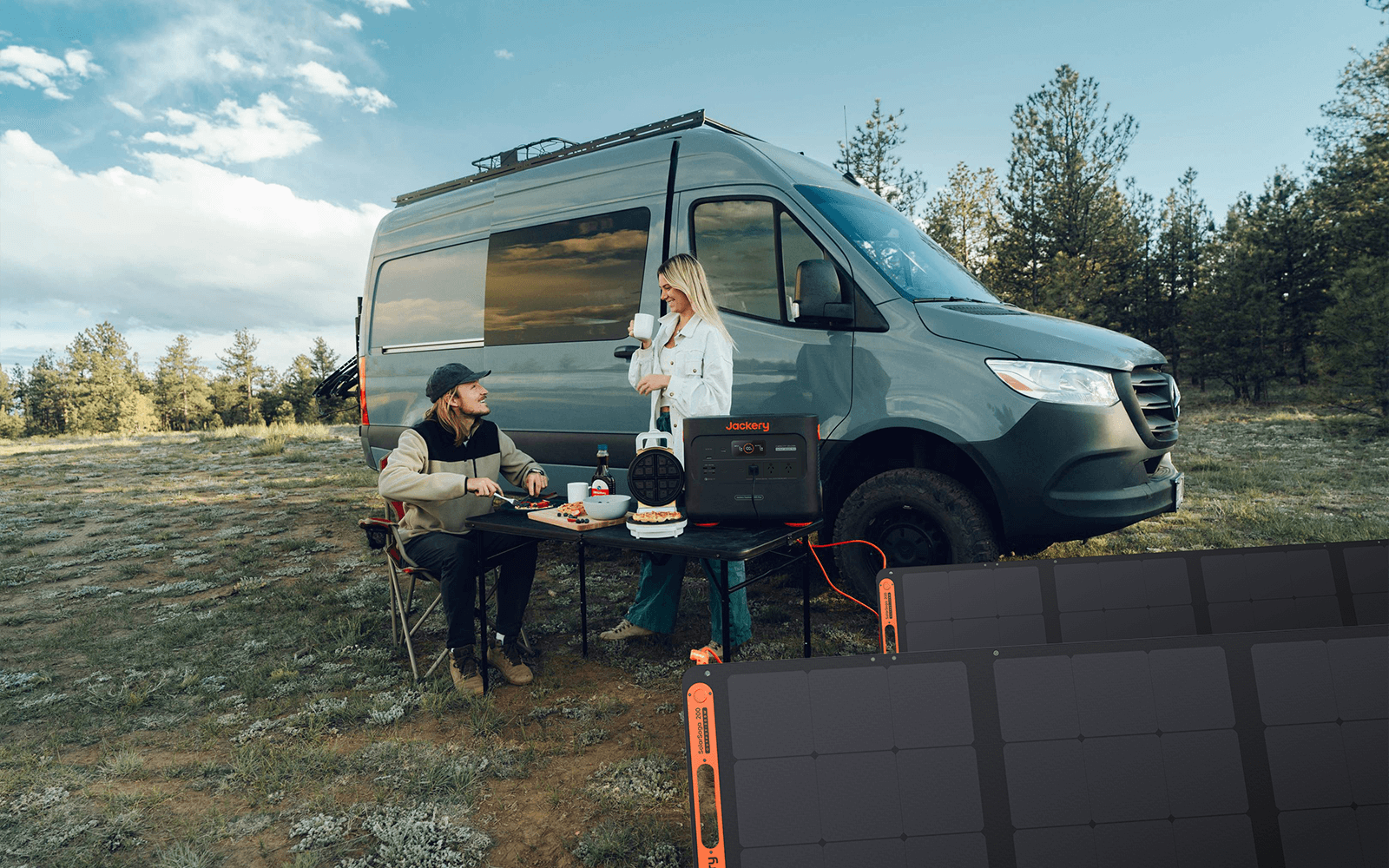
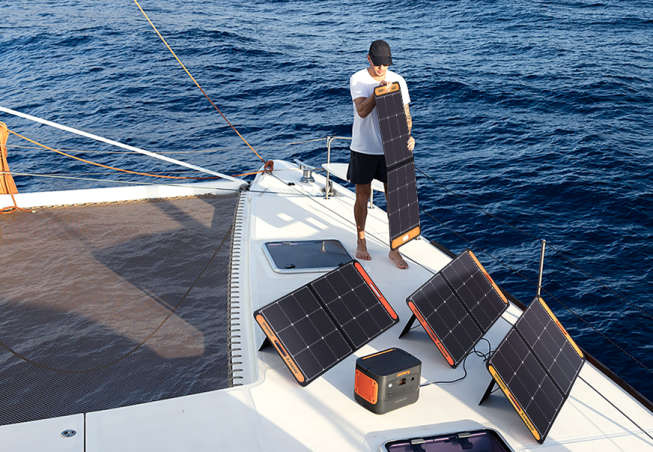
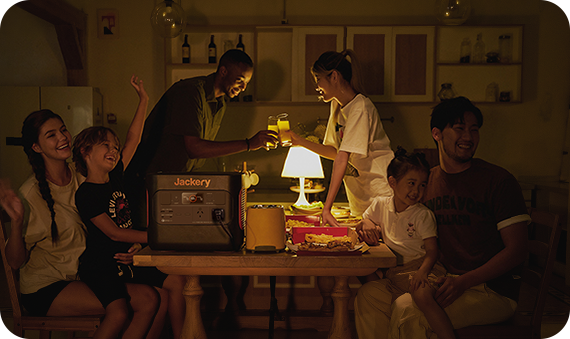
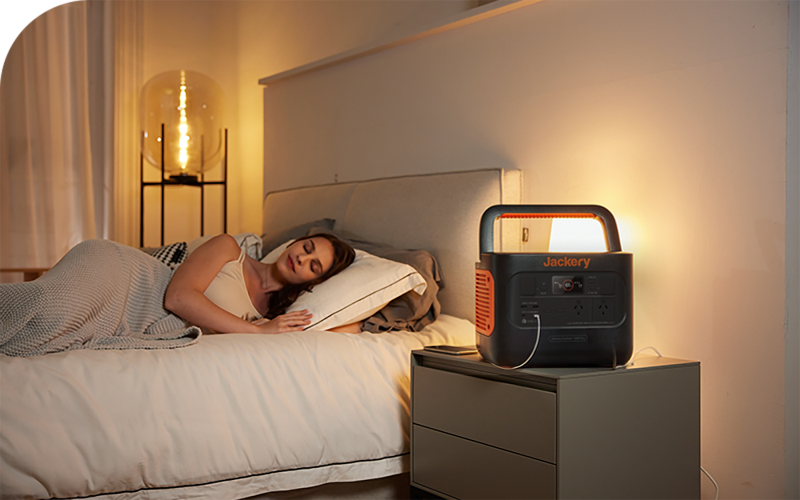
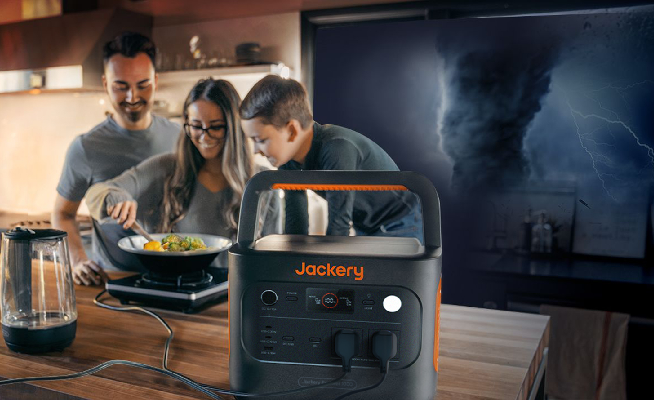
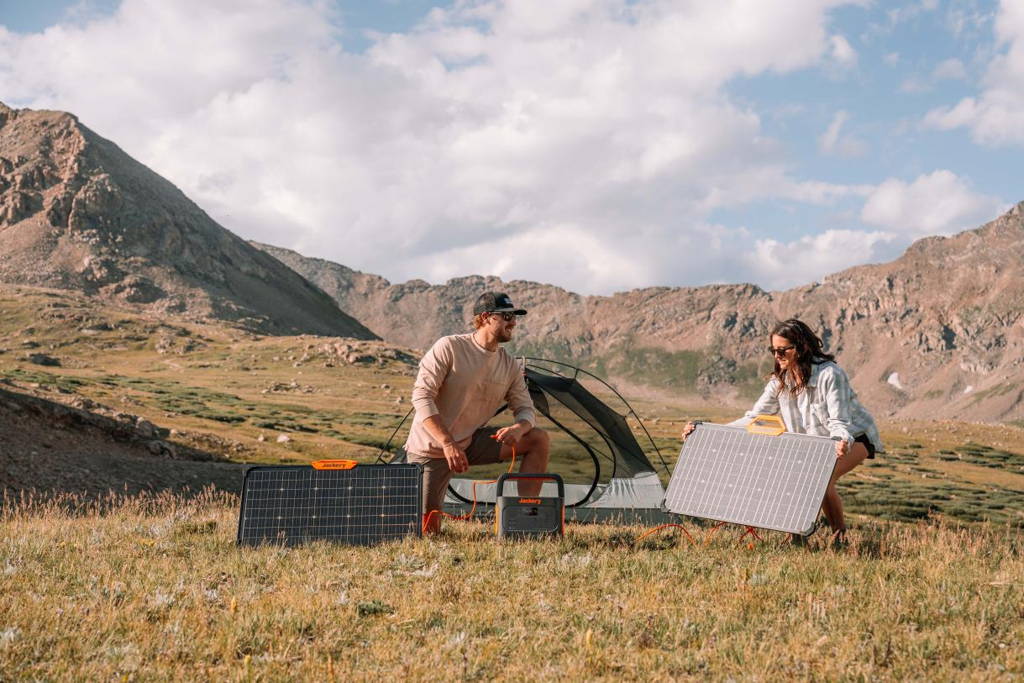
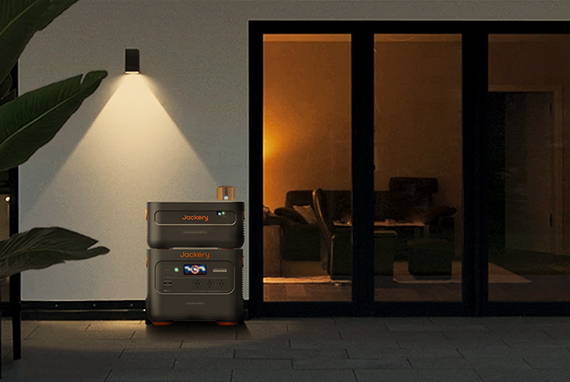
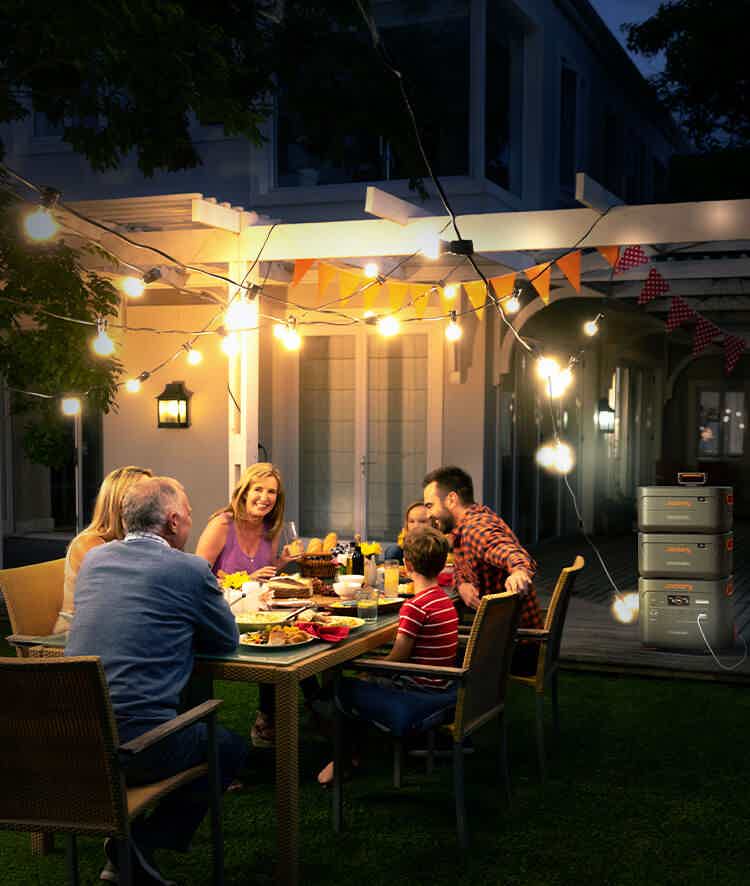
![Ultimate Guide to Australia Road Trip [Road Trip 101]](http://au.jackery.com/cdn/shop/articles/australia_road_trip.png?v=1718705768)




